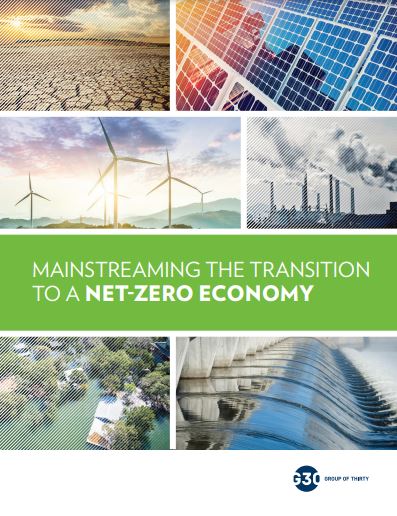A human-centered approach for impact investing in climate action
Climate finance is booming, now reaching over $600 billion in 2020. Yet, as the newest IPCC report makes clear, unequal climate impacts are escalating, making a justice-oriented approach to climate finance more important than ever. The question is: how can funders most effectively and meaningfully implement an intersectional lens to their climate investments? Read also US. SEC takes ‘monumental’ step on climate disclosure Climate justice recognizes that the communities least responsible for creating the climate crisis will be hardest hit by...










